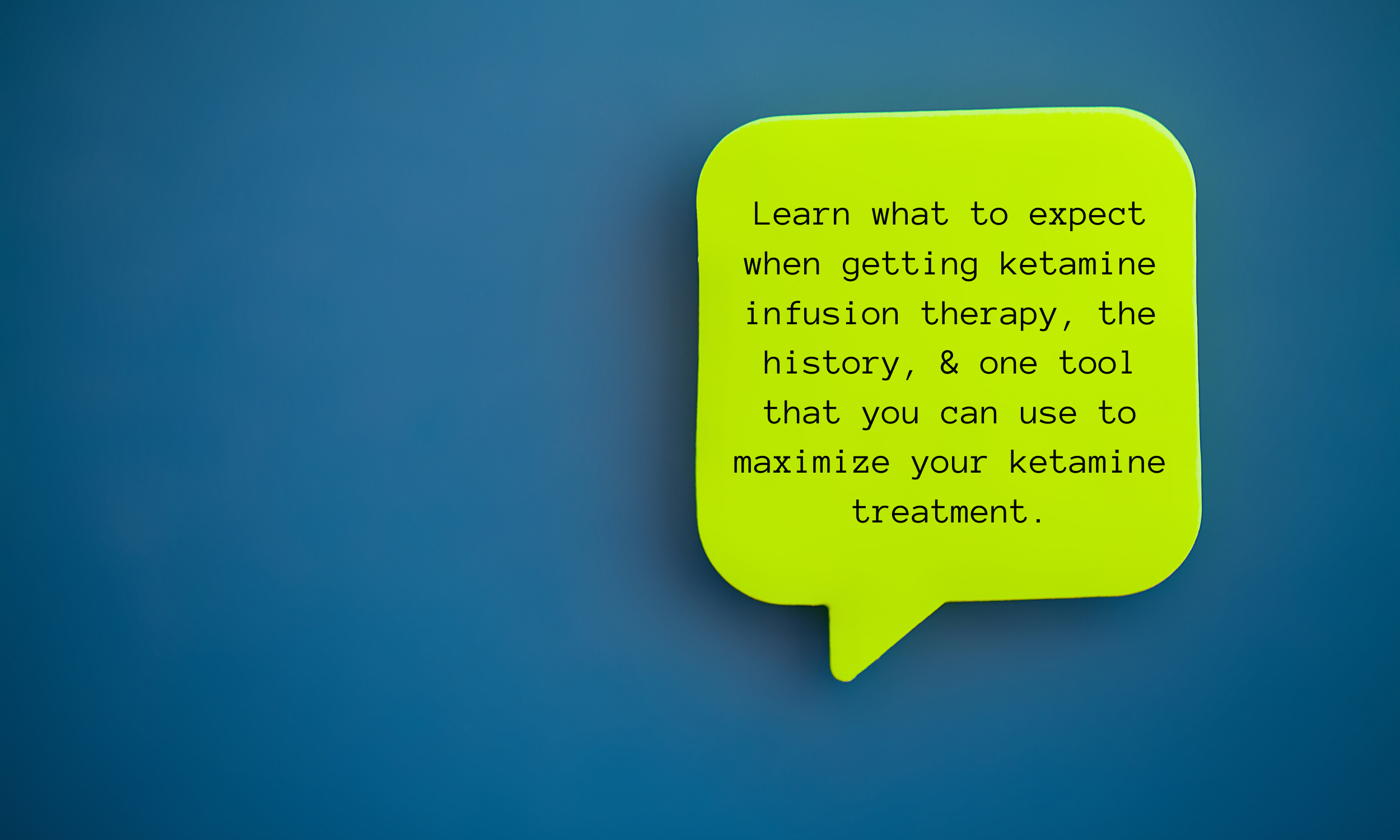Explore how ketamine therapy can catalyze the formation of beneficial habits and the elimination of negative ones. This blog delves into practical strategies for leveraging neuroplasticity post-therapy to create lasting positive changes in your life.
How Does Ketamine Therapy Work?
Why You Have To Take Action After Your Ketamine Treatment
What Is Ketamine Infusion Therapy? From General Anesthetic to Mood Disorder Treatment
Why You Need Support During Ketamine Therapy
Why You Want To Avoid Negativity After A Ketamine Infusion: A Scientific Study Blog
In this blog post, we explore a recent scientific study about the power of positivity following a ketamine infusion and its impact on treatment-resistant depression. Discover why it's crucial to surround yourself with positive influences to enhance your mood and take full advantage of ketamine's effect on neuroplasticity.
How Ketamine Works Rapidly For Depression
Why You Need More Than Ketamine To Get Better
What Is the ACE Model And Why Is it Important in Psychedelic Therapy?
In psychedelic therapy, such as ketamine infusions, speaking with a therapist can be a game-changer. In this blog post, we talk about a study that determines the importance of utilizing a psychological flexibility model, called the ACE model, for therapists to guide patients throughout their psychedelic journey.
Ketamine the Legal Psychedelic: Its History And How It Works
Ketamine’s Ability to Treat Depression Through Increasing Brain Connectivity
Ketamine: A New Way To Change Your Mind Blog
Ketamine Therapy For Mental Health With Dr. Ko: A Podcast Excerpt
How Ketamine Works on Our Brain
Ketamine And Its Neuroplastic Effect On The Brain
Ketamine's Impact on Brain-Derived Neurotrophic Factor (BDNF)
According to the World Health Organization, depression has now surpassed HIV, AIDS, malaria, diabetes, and war as the leading cause of disability. Current antidepressants may take weeks to months to be effective. Unfortunately, one-third of patients are still unresponsive, and are called “treatment-resistant.” However, there are other options available.
Ketamine's Connection to Neurons
Researchers hypothesize that neurogenesis, or neuron growth, is an antidepressant action. This hypothesis is linked to the understanding that nearly all antidepressants increase birth of granule neurons in rodents. Ketamine, however, has such rapid antidepressant effects, within hours, suggesting that the mechanisms involved with ketamine are not involved with neuron birth. Instead, researchers hypothesized that ketamine’s rapid effects are due to it enhancing the maturation of neurons born previously.
Ketamine for Complex Regional Pain Syndrome (CRPS)
Complex regional pain syndrome (CRPS) is a painful, disabling neurological condition. Previously known as Reflex Sympathetic Dystrophy (RSD), it affects 1.2% of the adult chronic pain population. Women are affected more than men, with a 3:1 ratio. CRPS can develop after trauma, minor injuries, or surgery. The signs and symptoms are classically clustered into four groups.
How Ketamine Makes Your Brain “Re-Grow”
Imagine a lush green forest, filled with many trees with numerous branches. Now, imagine the opposite. The same trees, but instead brown and with branches falling off. These trees are now dying out. This forest is now sparse due to repeated fires, harsh weather, and pollution. The forest is functioning below what it could, and producing less oxygen and food for the creatures it protects.



















